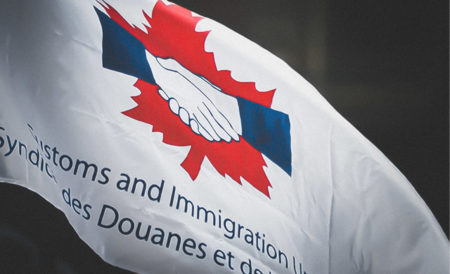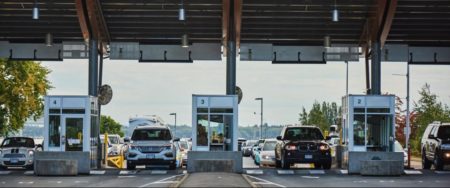On February 29 and March 5, 2024, CIU National President Mark Weber addressed the House of Commons Standing Committee on Public Accounts (PACP) as part of the Committee’s work related to the Auditor General’s report on ArriveCAN.
In his opening statement on February 29, the National President did not mince words, highlighting CBSA management’s lack of accountability — along with its tendency to retaliate against employees and its arbitrary internal investigative and disciplinary processes — and noting that the “glaring disregard for basic management practices” uncovered by the Auditor General was far from a surprise for those acquainted with CBSA management.
“The situation within the Security and Professional Standards Directorate, responsible for internal investigations, is especially egregious, with the directorate showing little understanding of the basic principles of procedural fairness” said Mark Weber. “Reform is badly needed to ensure the integrity of a process that should be fair, transparent, and unbiased, and yet is anything but.”
At the subsequent meeting on March 5, the National President answered questions from Committee members, touching on a wide range of subjects, including CBSA’s focus on facilitation and automated technologies such as ArriveCAN, which undermines the security of Canadians by removing crucial interactions between officers and travellers.
Committee members also heard about the overly broad CBSA code of conduct, the two-tiered approach to discipline between officers and managers, and the perennial issue of understaffing, which CBSA exacerbates by hiring more and more managers instead of frontline officers. “We’re already inundated with managers at CBSA” told Weber to the Committee, highlighting that “you could go the next decade without hiring another manager and you’d likely still have too many”.
The overarching message to the Committee is clear: CBSA and the federal government must learn from the ArriveCAN debacle and seize this opportunity to change course. Canadians are owed an agency built on solid principles where the frontline is properly supported to ensure the security of all.
See selected clips below. A full recording of the Committee proceedings can be viewed here (February 29) and here (March 5) (with interpretation language options).




